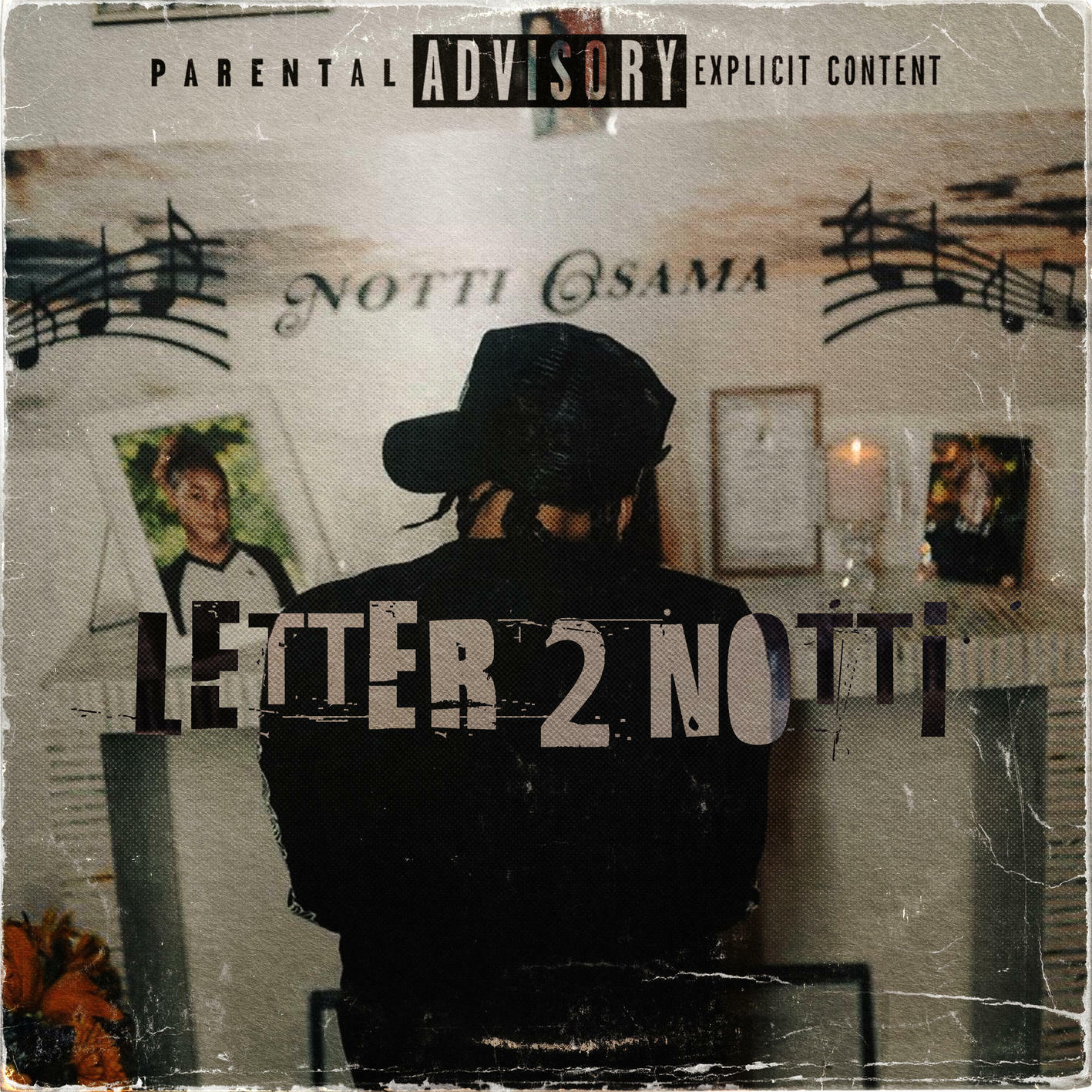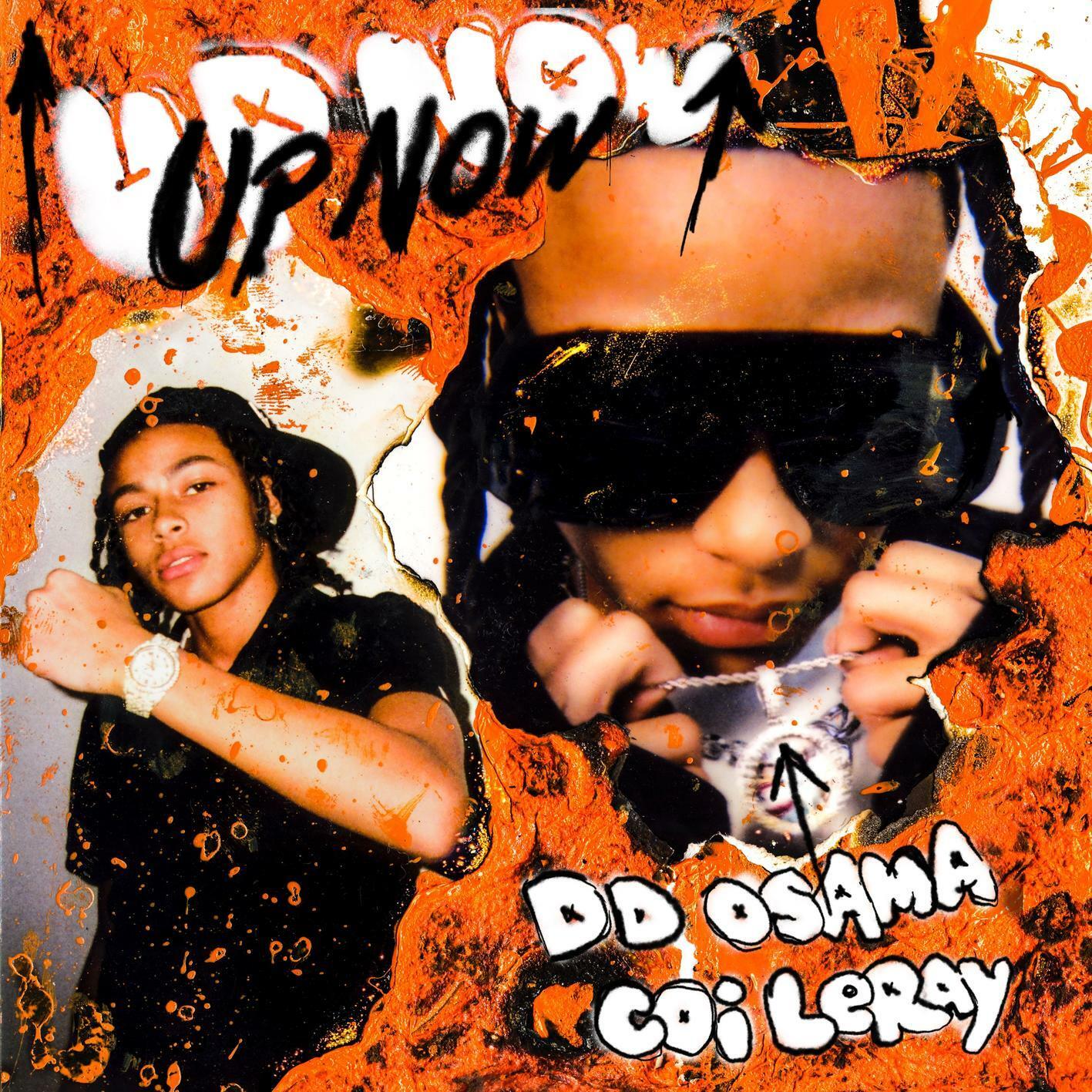Notti Osama Death: Unraveling The Mystery Behind The Controversial Headlines
Let’s talk about something that’s been buzzing across the internet like wildfire. Notti Osama Death has become a trending topic, sparking curiosity and raising questions among millions of people worldwide. If you’ve stumbled upon this phrase and want to know what’s really going on, you’ve come to the right place. We’re diving deep into the facts, the rumors, and the truth behind it all. So, grab your favorite drink, and let’s get into it, my friend.
You’ve probably heard whispers or seen headlines about "Notti Osama Death" floating around on social media. But what exactly does it mean? Is it real? Is it fake? Or is it just another internet hoax designed to grab attention? In today’s world, where information spreads faster than wildfire, separating fact from fiction can feel like solving a Rubik’s Cube blindfolded. But don’t worry; we’re here to break it down for you.
Before we dive headfirst into the details, let’s set the stage. This story isn’t just about a name or a phrase. It’s about understanding the impact of misinformation, the power of viral content, and how we can approach sensitive topics with care and critical thinking. Ready? Let’s go.
- P Diddy Clothing Brand A Deep Dive Into The Commercial Success
- P Diddy Homes A Deep Dive Into His Commercial Ventures
Who Is Notti Osama? The Man Behind the Name
First things first, who exactly is Notti Osama? Is he a real person, a fictional character, or just a name used to create buzz? To answer that, we need to dig a little deeper. Notti Osama has been mentioned in various contexts online, but the details vary wildly depending on the source. Some claim he’s a political figure, while others say he’s an entertainer or even a social media influencer.
What we do know is that his name has been linked to controversial topics, sparking debates and discussions across platforms. But here’s the thing—just because something is trending doesn’t mean it’s true. In many cases, these kinds of stories are created to generate clicks, likes, and shares, often without much regard for the truth.
Understanding the Death Controversy
Now let’s talk about the elephant in the room: the "death" part. Why has Notti Osama’s alleged death become such a hot topic? Well, death is one of those things that always grabs attention, right? It’s dramatic, emotional, and often shrouded in mystery. But before we jump to conclusions, it’s important to ask the right questions.
Is there any credible evidence to support the claim that Notti Osama has passed away? Or is this just another example of clickbait journalism designed to manipulate emotions? In today’s digital age, where misinformation runs rampant, it’s crucial to verify the facts before believing everything we read online.
Why Do Death Hoaxes Spread So Quickly?
Death hoaxes aren’t new, but they’ve become more prevalent in recent years thanks to social media. Here are a few reasons why they spread so fast:
- Emotional Impact: Death is a deeply emotional topic, and people are naturally drawn to stories that evoke strong feelings.
- Curiosity: Humans are naturally curious creatures. When we hear about someone’s death, we want to know more about their life and legacy.
- Social Media Algorithms: Platforms like Twitter, Facebook, and Instagram are designed to show users content that’s likely to engage them. Sensational headlines and dramatic stories tend to perform well, which means they get shared more often.
Fact vs Fiction: Separating the Truth from the Lies
So, how do we separate fact from fiction when it comes to something as serious as someone’s death? The first step is to look for credible sources. Check reputable news websites, official statements, and verified social media accounts. If the information comes from an unknown or unverified source, take it with a grain of salt.
Another key is to consider the context. Is the story consistent with what we already know about the person in question? Are there any red flags or inconsistencies in the narrative? By asking the right questions and doing our homework, we can avoid falling victim to misinformation.
Common Signs of a Hoax
Here are some red flags to watch out for when evaluating online content:
- Unverified Sources: If the story doesn’t cite credible sources or provide evidence, it’s probably not trustworthy.
- Clickbait Headlines: Titles that are overly dramatic or sensationalized are often designed to grab attention rather than inform.
- Grammar and Spelling Errors: While typos happen, poorly written articles are often a sign of low-quality or fake content.
- Lack of Details: Genuine news stories usually include specific details, such as dates, locations, and names. If the article is vague or lacking in specifics, it might be a hoax.
Why Does This Matter? The Impact of Misinformation
Misinformation isn’t just annoying—it can have real-world consequences. When false stories about someone’s death spread online, it can cause unnecessary grief for their family and friends. It can also damage reputations, create confusion, and even lead to panic or unrest in certain situations.
That’s why it’s so important to approach sensitive topics like "Notti Osama Death" with care and critical thinking. By taking the time to verify the facts and share accurate information, we can help combat the spread of misinformation and create a more informed society.
How You Can Help Stop the Spread of Fake News
Here are some simple steps you can take to fight misinformation:
- Verify Before Sharing: Before you share a story, make sure it’s from a credible source and has been verified by multiple outlets.
- Report Fake Content: Most social media platforms allow users to report fake news or misleading content. Use this feature to help keep the internet a safer place.
- Spread Awareness: Educate your friends and family about the dangers of misinformation and encourage them to fact-check before sharing.
Exploring the Bigger Picture: The Role of Social Media
Social media plays a huge role in how information is shared and consumed today. While it has many benefits, it also has its downsides. Platforms like Twitter, Facebook, and Instagram are designed to keep users engaged, which sometimes means prioritizing sensational or controversial content over accurate, well-researched information.
This creates a perfect storm for misinformation to thrive. Sensational headlines, dramatic stories, and emotionally charged content tend to perform well, which means they get shared more often. As users, we have a responsibility to be mindful of how we consume and share information online.
The Power of Critical Thinking
Critical thinking is one of the most important skills we can develop in today’s world. By learning to question what we read, evaluate sources, and think critically about the information we consume, we can become better-informed citizens and help combat the spread of misinformation.
Here are a few tips for improving your critical thinking skills:
- Ask Questions: Don’t accept everything at face value. Ask yourself: Who wrote this? Why did they write it? What evidence do they provide?
- Check Multiple Sources: If you’re unsure about the accuracy of a story, check multiple reputable sources to get a well-rounded view.
- Stay Curious: Keep learning and stay informed. The more you know, the better equipped you’ll be to spot fake news and misinformation.
Looking Back: A Timeline of the Notti Osama Story
To fully understand the "Notti Osama Death" phenomenon, it’s helpful to look at how the story unfolded over time. Here’s a quick timeline of key events:
- January 2023: The name "Notti Osama" first appears on social media, sparking curiosity and speculation.
- February 2023: Rumors about his death begin to circulate, with various sources claiming different causes and circumstances.
- March 2023: Official statements from authorities and credible news outlets begin to emerge, shedding light on the truth behind the rumors.
- April 2023: The story continues to trend, with new angles and theories being shared online.
As you can see, the story has evolved over time, with new details and perspectives emerging as more information becomes available. This highlights the importance of staying informed and open-minded as events unfold.
The Importance of Ethical Journalism
In a world where anyone can publish content online, ethical journalism is more important than ever. Responsible journalists have a duty to report the truth, verify their sources, and avoid spreading misinformation. Unfortunately, not all content creators adhere to these principles, which is why it’s so important for readers to be vigilant.
When evaluating news stories, look for signs of ethical journalism, such as:
- Credible Sources: Reputable news outlets cite their sources and provide evidence to back up their claims.
- Fact-Checking: Good journalists verify the accuracy of their information before publishing.
- Transparency: Ethical journalism involves being open about potential biases or conflicts of interest.
How You Can Support Ethical Journalism
Here are a few ways you can support ethical journalism and help combat misinformation:
- Subscribe to Reputable News Outlets: By supporting credible news organizations, you’re helping to fund quality journalism.
- Share Verified Content: When you share articles or stories online, make sure they come from trustworthy sources.
- Speak Out Against Misinformation: If you see fake news or misleading content, call it out and encourage others to fact-check before sharing.
Conclusion: What You Can Do Next
In conclusion, the "Notti Osama Death" story is a prime example of how misinformation can spread quickly and easily in today’s digital age. By understanding the facts, asking the right questions, and approaching sensitive topics with care and critical thinking, we can all play a role in combating the spread of fake news.
So, what can you do next? Start by verifying the information you consume online. Check credible sources, look for evidence, and think critically about the stories you read. Share this article with your friends and family to help spread awareness about the importance of ethical journalism and informed citizenship.
And remember, the truth is out there—you just have to be willing to look for it. So, stay curious, stay informed, and let’s work together to create a more truthful and trustworthy online environment. Thanks for reading, and don’t forget to leave a comment or share this article if you found it helpful!
Table of Contents
- Who Is Notti Osama?
- Understanding the Death Controversy
- Fact vs Fiction
- Why Does This Matter?
- Exploring the Bigger Picture
- A Timeline of the Story
- The Importance of Ethical Journalism
- Conclusion
- Did P Diddy Get Arrested By The Feds The Truth Behind The Rumors
- P Diddy Raided The Inside Story Of The Controversial Incident

Notti Osama Wallpapers on WallpaperDog

Notti Osama Store Official Merch & Vinyl

Notti Osama Wallpapers Top Free Notti Osama Backgrounds WallpaperAccess